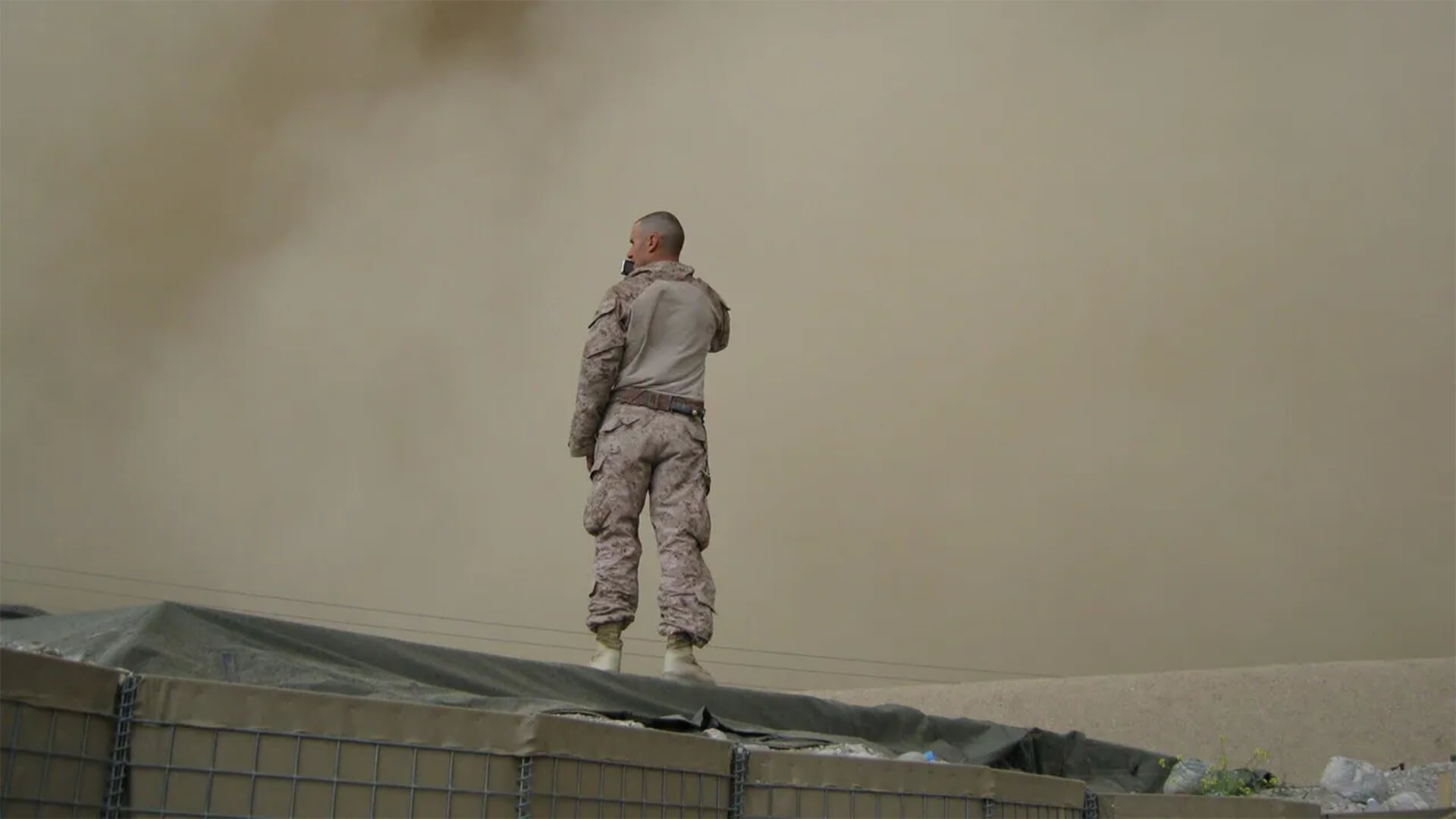Here’s a video I recorded while I was in New Zealand at the end of 2024. In this video, we cover a question that the US is still trying to answer – should the US maintain its presence in the Middle East?
The US has been involved in the Middle East for quite some time, but times are changing. The US is now energy independent, but US involvement in the region was never about energy for the US; involvement in the region was about securing energy supplies for US allies and maintaining strategic alliances against the Soviet Union.
The US has a few paths to choose between, and each option leads us to a very different geopolitical picture. Remember, this isn’t just about energy, this is about alliances, power, and strategy.
Here at Zeihan on Geopolitics, our chosen charity partner is MedShare. They provide emergency medical services to communities in need, with a very heavy emphasis on locations facing acute crises. Medshare operates right in the thick of it, so we can be sure that every cent of our donation is not simply going directly to where help is needed most, but our donations serve as a force multiplier for a system already in existence.
For those who would like to donate directly to MedShare or to learn more about their efforts, you can click this link.
Transcript
Hey, everybody. Peter Zeihan here on the Tongariro Crossing in New Zealand. The weather. So we’re not seeing much, but I figured I’d take a question from the Patreon forum. And specifically it is, I’ve always been told that the United States was involved in the Middle East for oil, but now that the US is energy independent, does that change?
Is there a reason to stay? Great question. I’m not sure I’ve got an answer for you, but I can at least inform the debate. Keep in mind, until 1973, the United States was an oil exporter. We were an importer from roughly 1973 until roughly 2013. I mean, you can fudge those numbers a little bit, but about that.
But the United States remained one of the world’s largest oil producers. Right up until the 1990s. And we most of the crude that we got came from the Western Hemisphere, with Canada, Mexico and Venezuela being our three largest sources. It was pretty rare for us to get more than 10 or 20% of our crude on a daily basis from the Middle East.
Most of what we did get was typically, equator, Saudi Arabia. And in order to make sure that we had an interest in defending them, what they would do is park a supertanker off the US Gulf Coast and basically wait for an order. Because they knew that they couldn’t defend themselves if push came to shove. It is a Kuwait.
That was absolutely true. Anyway, the point is, is that we didn’t use much of their crude. Most of the crude that, is exported from the Persian Gulf went to our allies, first in Europe and later in Northeast Asia. Keep in mind, during the Cold War, China was an ally. So the reason wasn’t so much for oil per se, but for the strategic alliance that we built to contain and beat back the Soviet Union.
Keep in mind that the Soviet Union is a land based power that takes up a very large chunk of Eurasia, and there was no way that the United States, a maritime power, could counter it at all points of the compass at all times. We needed allies for that, and that means we needed allies that were willing to take a degree of risk.
So you basically indirectly support countries like Britain and France and Italy and Germany and Korea and Taiwan and China and Japan, in order for them to be able to hold onto the alliance. And if for whatever reason, the United States proved unable or unwilling to do that, then these countries that were serving American strategic interests would have to have a deep conversation with themselves about whether or not the alliance is going to work for them at all, because if you don’t have oil, you’re talking about a deindustrialization process and a catastrophic drop in economic activity and standard of living
Anyway, some version of that is what the conversation needs to be in the United States today. We don’t need the oil. That’s obvious. In fact, we’re even retooling more and more of a refining complex to specifically run the light, sweet crude that comes out of the shale fields. But the rest of the world needs middle Eastern crude.
And so one of the things that we did after World War two is make that globalization for a security deal that brought us to more or less the current day. It is time for the United States to lead a conversation with the allies on what the next chapter of that looks like. Now, the last president in the United States who started us down the road of having that conversation was George Herbert Walker Bush.
And if you remember the 1000 points of light in the New World order, that was the core of it to renegotiate the deal. We voted him out of office. And in every election since then, we’ve voted for someone who is actually less interested in maintaining the global order. I would actually argue that, Joe Biden was less interested in that than Donald Trump.
So it’s kind of a wash. This last one.
But this is a conversation we need to have, because if our decision is no, we’re not interested in the Middle East. We’re not interested in maintaining an alliance of nations to help us achieve our goals. Then we have to do it all ourselves. And then we have to decide whether we want to basically ostrich here in North America or massively expand the military complex so we can at least attempt to do it all by ourselves.
Personally, I don’t think either of those are particularly attractive options. If you look at the long run of American history, every time we do truly, nationalist and really do ostrich down, something happens in the Eastern Hemisphere that draws us back in in a very ugly way that costs us hundreds of thousands of lives. But I’m not the only one who’s a decision maker here.
And this is the conversation that we all need to have.
Oh, one more thing. There’s more to maintaining a presence in the Middle East than just being Mr. Nice Guy for an alliance. For example, China today is the world’s largest oil importer, bringing in somewhere between 12 and 14 million barrels a day based on whose numbers you’re using. If the United States controls the ability of the region to send crude out, you could shut off China in a day.
Food for thought.







